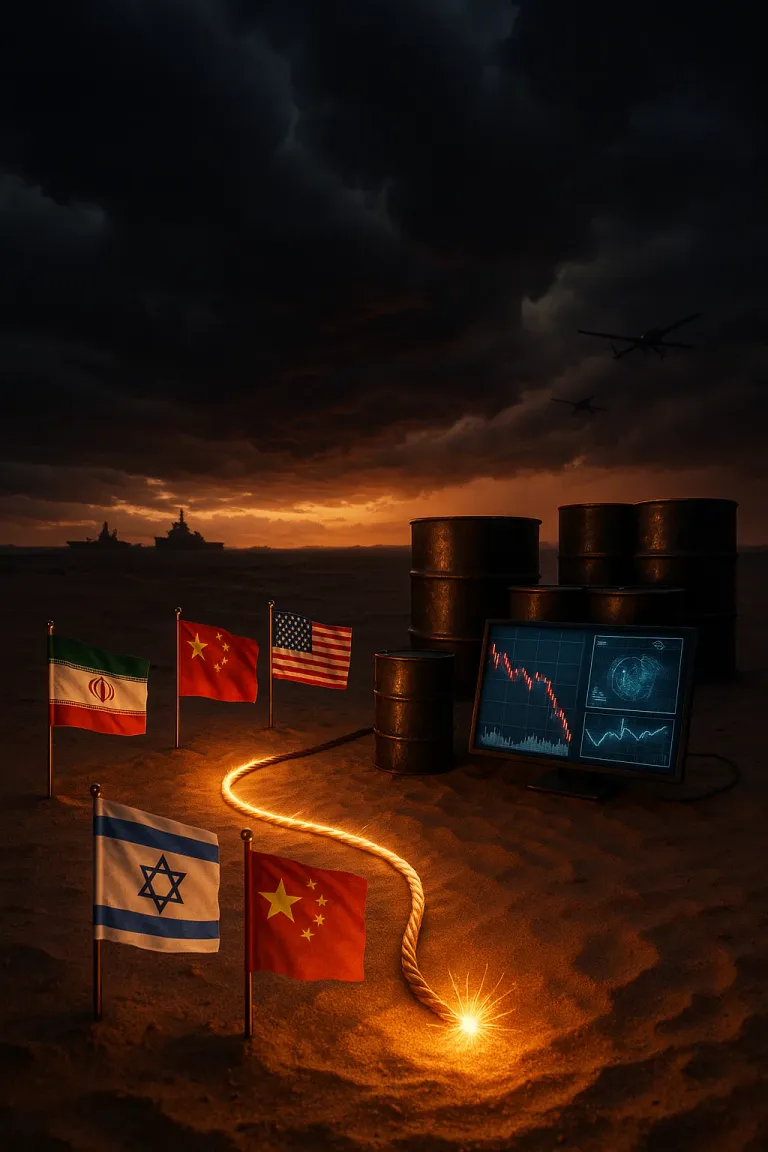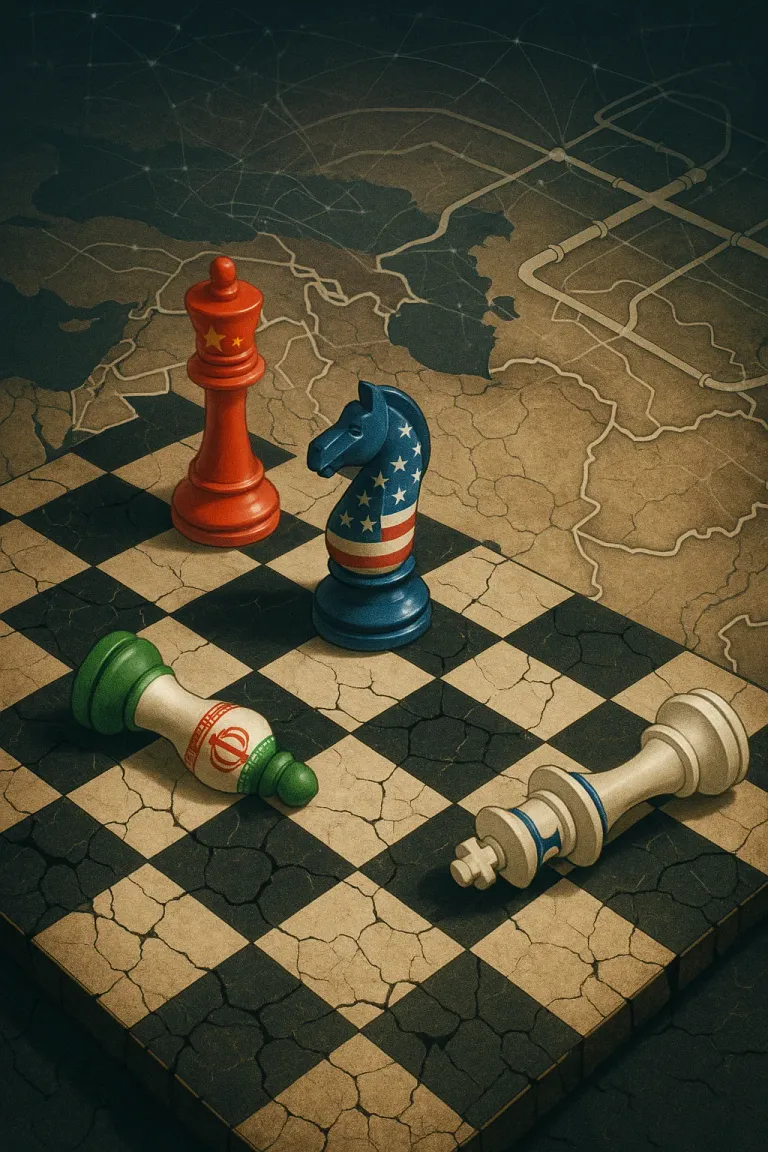How the War in the Middle East Could Trigger China’s Proxy World War

How the War in the Middle East Could Trigger China’s Proxy World War
We’re living through one of the most complex geopolitical landscapes in modern history.
The current conflict in the Middle East—whether you're looking at Israel-Palestine, Iran's rising influence, or the broader Sunni-Shia divide—might seem like a regional nightmare. But beneath the surface, powerful global actors are moving pieces on a larger chessboard.
And one of those players is China.
So how could this evolve into China’s proxy world war? Let’s break it down:
1. What’s a Proxy War?
A proxy war is a conflict where two or more opposing powers use third parties as substitutes for fighting each other directly. Think of the Cold War: the U.S. and the Soviet Union didn’t fight each other head-on, but supported different sides in wars in Korea, Vietnam, Afghanistan, etc.
2. China’s New Game Plan
China doesn’t want a traditional, boots-on-the-ground war. Instead, it's expanding influence using economics, technology, and strategic alliances—but it's also hedging its bets with military partnerships.
China has grown closer to:
. Iran (with massive oil deals and military cooperation),
. Russia (an increasingly anti-Western ally),
. Middle Eastern regimes tired of U.S. dominance.
This means that if a broader conflict explodes in the region—say, Israel vs Iran, or a U.S.-Iran confrontation—China could support Iran indirectly with weapons, tech, intel, or funding, while opposing the U.S. and its allies through media, diplomacy, and supply chains.
3. Why It Could Escalate Globally
If China backs one side (e.g., Iran-Syria-Hezbollah), and the U.S. backs another (e.g., Israel, Saudi Arabia), we’re not just talking about a regional clash. It becomes a global alignment. Throw in Russian support for Iran, and India trying to stay neutral—it looks eerily similar to the world’s pre-WWI alliances forming in slow motion.
At that point, we’re not in a local conflict anymore. We're watching a global power contest, where:
. Energy markets are targeted,
. Shipping lanes (like Strait of Hormuz) are weaponized,
. Global supply chains get disrupted.
4. The Real Danger: Miscalculation
No one wants a world war. But the danger lies in miscalculation. If one side hits too hard, or if an ally reacts unexpectedly, the whole thing could spiral. The war wouldn’t be fought like WWII—it would be a mix of:
. Cyber warfare
. Economic sanctions and sabotage
. Propaganda and information wars
. Regional battles fought by proxies
Final Thoughts
This isn't about fear mongering it’s about awareness. The Middle East isn’t isolated from the world anymore. The alliances forming today could very well shape the battlegrounds of tomorrow.

China doesn’t need to fire a single bullet to be at war. It just needs to fund, supply, and manipulate enough players to achieve its strategic goals. And if that happens, the Middle East becomes the arena, but the consequences will be global.